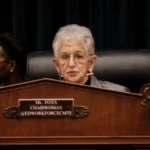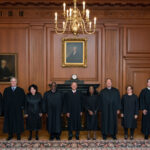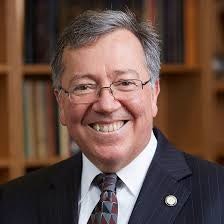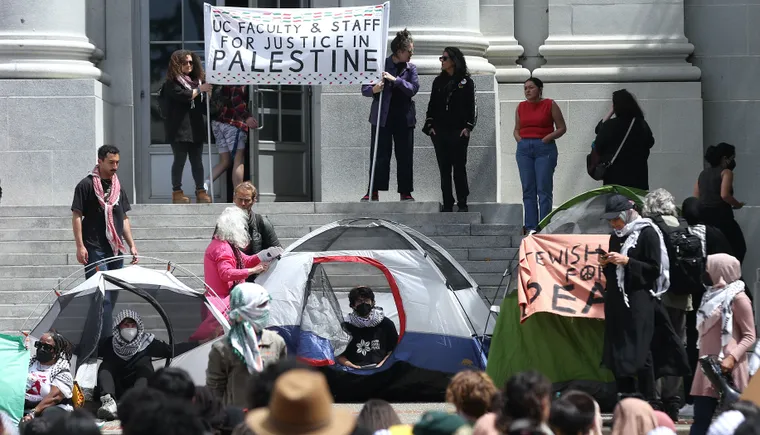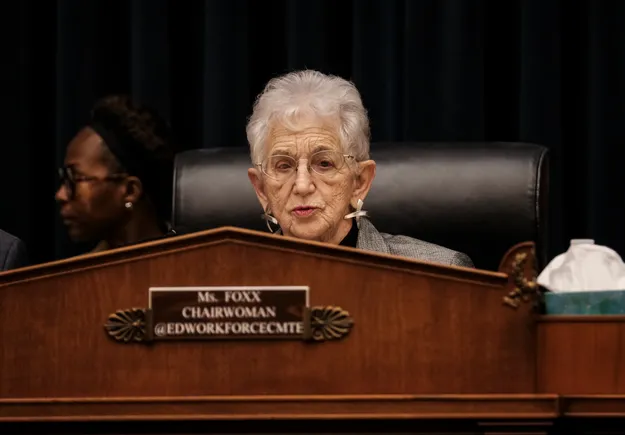We are only a few weeks into the fall semester, and already the leadership coming and going lists are growing. With the turnover numbers ticking up, those who aspire to a presidency may be asking themselves what professional development opportunities and experiences can best prepare them for a solid fit and long tenure. Perhaps the better question is to ask what skillsets are needed to be successful today.
This week, Academic Search released a report outlining the seven leadership competencies current presidents identify to succeed in these high-stakes roles. For those planning and preparing for higher education’s senior-most roles, the report provides a pathway to meet the demands of the moment including: trust-building, demonstrating resilience, communication savvy, crafting a cabinet and team building, emotional intelligence, leading with courage, and data acumen and resource management. Dr. Javier Cevallos
Dr. Javier Cevallos
More importantly, the 700 survey participants and the 14 presidents who participated in four focus groups opened up about what it feels like to hold these roles, shared the humanity needed to live these positions, and were truthful about the resiliency necessary to survive them. The report’s findings included the reality of how isolating and lonely these positions can be and the need to create community beyond the boundaries of their campuses and titles.
This level of honesty about these coveted positions is critically important and has not often been discussed by those in the roles or shared with those who aspire to them. As a two-time president, I read the experiences the minoritized and female presidents voiced with particular interest. In the report, they were more likely than their white peers to respond that they needed mastery of knowledge areas to succeed and were often held to higher standards by their campus communities. Those are powerful insights for their boards, faculty, and communities.
There are immediate personal applications of the data for all, but especially for women and leaders of Color as they research and apply for leadership openings. I remind those selected as finalists for cabinet and president roles that site visits have multiple purposes. The candidate is being interviewed to determine how well they meet the leadership needs of the institution and the institution is being interviewed to determine how well they can support the candidate’s personal and professional growth. The candidate should assess the board and community’s expectations for holding skillsets versus demonstrating mastery of skills, and they should try to establish standards for evaluation upfront. The time for an honest conversation about a short versus long-term match is at this stage since a brief tenure tarnishes the reputations of the institution and the candidate. The president and board should repeat the conversation during the contract renewal process to discuss an ongoing match.
The data can also be applied to the industry’s preparation of leaders for their future roles. For many years, the curriculum for those who hoped to ascend to a presidency focused on management skill development and building core competencies like budgeting, board management, and fundraising. Those responsibilities are still necessary for today’s presidents, but their roles have become much more complex, and the expectations for senior leaders have become more personal and political. Even before the research for the report was conducted, it was clear that personal development was at least as important as professional development.
The curricula of the programs I now lead focus on leadership development by learning from those who have direct knowledge and experience on the complex topics that presidents will experience, which means they prepare participants to bridge the theory of leadership with its practical application. For example, the report includes that most respondents believe it is very important for leadership development programs to prioritize knowledge of the institution, its culture, and its students. This broad category bridges knowledge areas that have practical applications, and those who understand how to influence culture know that climate work with students and faculty necessitates a personal and consistent approach. Our work includes both approaches and introduces participants to experts who can approach the topics from multiple perspectives.
In addition, the report found that the majority of women presidents had additional interest in articulating the value of higher education, and learning about demographic changes that impact enrollment and institutional mission; and the majority of Presidents of Color were also interested in learning more about accreditation, cybersecurity threats, and the governance structure of the institution. As a result, over the coming year, the AALI leadership team and partners will be reviewing and updating the curriculum to meet the needs of current and future presidents.
College and university presidencies have always been complex roles, but today’s expectations for those who take on these jobs have expanded beyond management positions to include a “constellation of skills whose salience rises and falls.” The pressure cooker expectations for presidents likely will remain. However, based on the honesty of the presidents who participated in the study, we can better support current presidents in their roles and better train future presidents for success.
Dr. Javier Cevallos is the President of the American Academic Leadership Institute. He served as the president of both Framingham State University and Kutztown University, and served as a President-in-Residence at the Harvard Graduate School of Education for 2022-2023.
#Competency #Resilience #Navigating #Complexities #College #Presidencies



